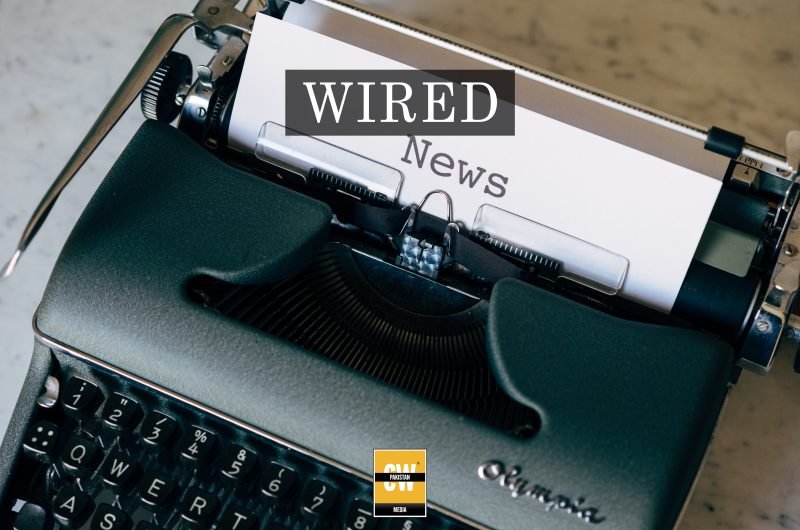Pakistan has earned international recognition in science education after students representing the country secured top honours at the 2nd International Nuclear Science Olympiad (INSO-2025), held in Kuala Lumpur. Participants from 19 countries took part in the competition, including China, Japan, Singapore, Malaysia, Indonesia, Türkiye, Thailand, Sri Lanka, Saudi Arabia, and Qatar. Organised under the umbrella of the International Atomic Energy Agency (IAEA), the event promotes peaceful applications of nuclear science and fosters young talent in this critical scientific domain.
Among the Pakistani delegation, Muhammad Tayyab Bukhari of Beaconhouse School Abbottabad won the gold medal, standing out among a highly competitive field of international contenders. Ammar Asad Warraich from Siddique Public School Islamabad was awarded the silver medal for his performance. Two bronze medals were also claimed by Pakistani students—Rawah Javed from Siddique Public School and Tatheer Aima Naqvi from Chenab College Jhang.
The students were mentored and coached by Dr Sajjad Tahir of the Pakistan Institute of Engineering and Applied Sciences (PIEAS) and Dr Muhammad Maqsood from the Directorate of Education, Pakistan Atomic Energy Commission (PAEC). Their guidance played a significant role in preparing the team for the international competition and ensuring their strong showing across multiple segments of the Olympiad.
This recognition reflects Pakistan’s ongoing investment in science and technology education and demonstrates the growing effectiveness of institutions such as PIEAS and PAEC in promoting high-level academic excellence in nuclear science. Through these academic and technical mentorship platforms, young students are gaining exposure to real-world applications of nuclear knowledge, spanning from education to energy, medical diagnostics, agriculture, and industrial technology.
The success at INSO-2025 also signifies Pakistan’s increasing engagement with international scientific forums. Participation in such global platforms not only enhances the skills and confidence of students but also strengthens the country’s academic reputation in STEM fields. The emphasis on peaceful nuclear science is central to this participation, aligning with international best practices and collaborative scientific goals promoted by IAEA.
The competition offered students the opportunity to apply theoretical knowledge to problem-solving scenarios relevant to nuclear energy, safety, and sustainable applications. Pakistan’s performance stands as evidence of the country’s expanding pool of young scientific talent and the role national institutions are playing in shaping future researchers and innovators.
Through continued efforts in education and collaboration with international organisations, Pakistan is positioning itself as an emerging contributor in the field of nuclear science. The achievements at INSO-2025 reaffirm the value of supporting science education initiatives and enabling students to participate in platforms that extend beyond the classroom.








